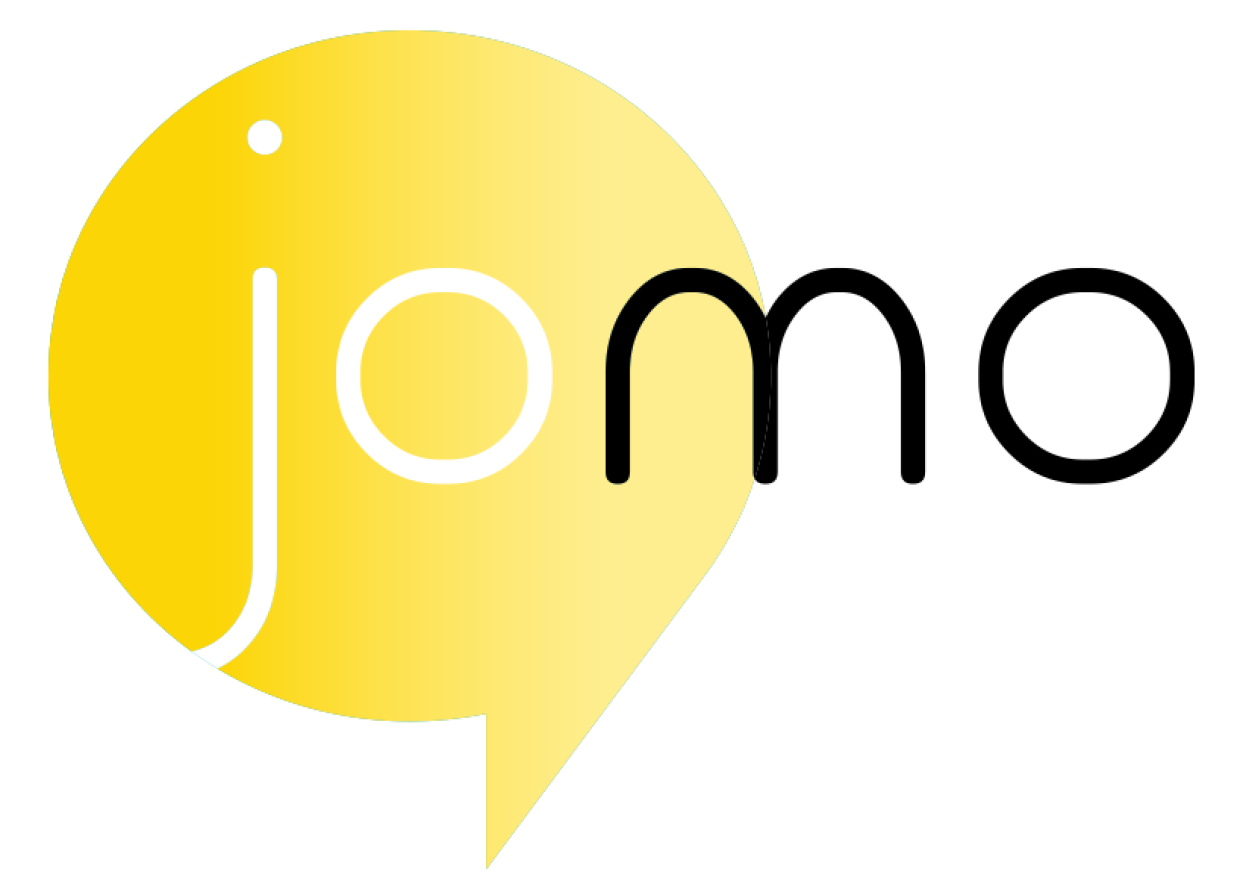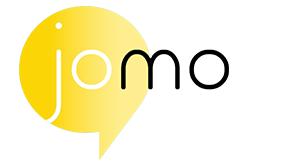Nobody likes talking about their weaknesses, but it’s possible that you’ll have to during your next interview. How can you answer the dreaded question, “What are your greatest weaknesses?” without seeming completely negative? Recognising your weaknesses means identifying your strengths.
Keep in mind, most importantly, that nobody is perfect. Weaknesses are something we all have, but you may use this to your advantage by showcasing that you are self-aware. Knowing your flaws demonstrates an understanding of where you can grow, which in turn demonstrates your awareness of your strengths (which we suspect you will have a lot more of).
Here are some quick tips on how to tackle questions about your weaknesses.
Prepare your answers
Preparing an example ahead of your interview might ease the awkwardness of discussing your weaknesses during an interview. Think back on a time when you were less than perfect; detail the lessons you took away and implemented into your work life because of that experience.
If you’ve ever felt like you couldn’t keep up with everything, you may say something like, “I struggled to stay on top of the many things that needed to be done every day. Now that I realise the importance of planning ahead, I devote ten minutes of each morning to doing just that.”
Make sure you only mention relevant weaknesses during your interview. The interviewer cares solely about your career successes and failures, so don’t bother telling the tale of the time you missed a flight or got drunk at a family wedding, no matter how funny it is.
Avoid these cliché answers at all costs!
“I’m a perfectionist.”
“I put in way too many hours.”
“I don’t have any weaknesses!”
The interviewer has likely heard these before and using them would make you look arrogant at best. They have no intention of tricking you. Your interviewer isn’t out to get you; they just want to know that you can adapt to unfamiliar circumstances and that you have the self-awareness to assess your own performance so that you can get better as an employee.
Don’t overthink your answers
You should definitely think about your answers ahead of time, but you shouldn’t get too hung up on them. If your answers seem rehearsed or forced, this won’t paint an authentic picture of who you really are and why you could be the perfect candidate for the role you are interviewing for.
The Jomo Effect
Are you in need of the Jomo Effect? Whether you’re looking for expert support and advice in preparing for your interview or ready to get started with applying for new opportunities, get in touch today!
📱 02922 527 873


